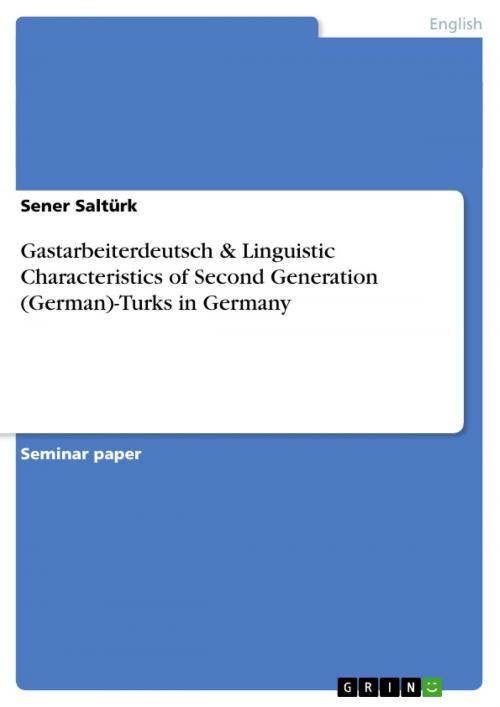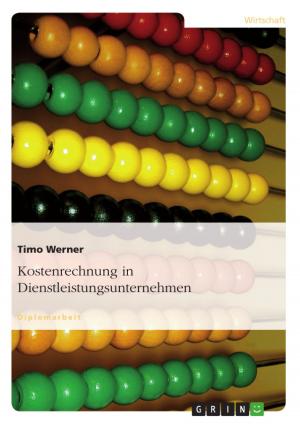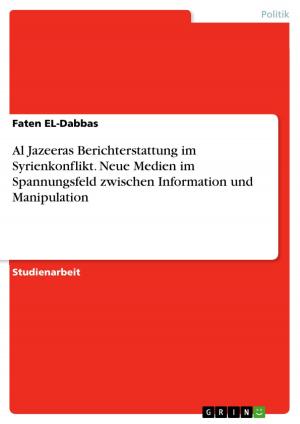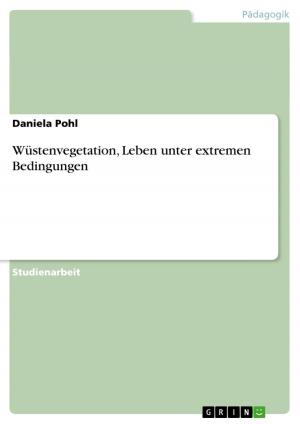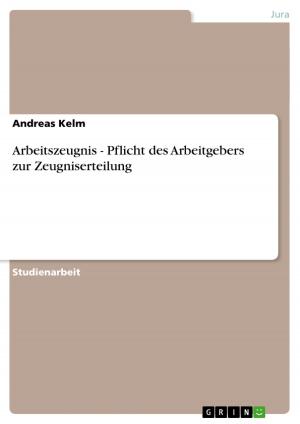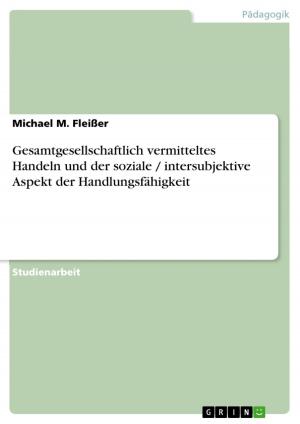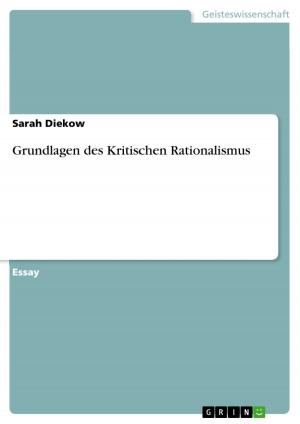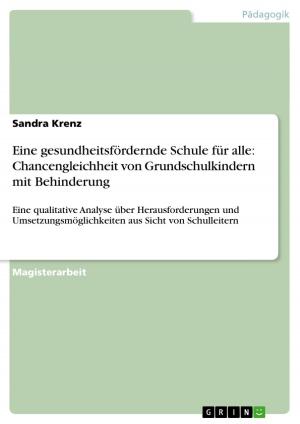Gastarbeiterdeutsch & Linguistic Characteristics of Second Generation (German)-Turks in Germany
Nonfiction, Entertainment, Drama, Anthologies| Author: | Sener Saltürk | ISBN: | 9783656302971 |
| Publisher: | GRIN Verlag | Publication: | November 6, 2012 |
| Imprint: | GRIN Verlag | Language: | English |
| Author: | Sener Saltürk |
| ISBN: | 9783656302971 |
| Publisher: | GRIN Verlag |
| Publication: | November 6, 2012 |
| Imprint: | GRIN Verlag |
| Language: | English |
Seminar paper from the year 2006 in the subject English Language and Literature Studies - Linguistics, grade: 1,3, University of Duisburg-Essen (Anglistisches Institut), course: Pidgins & Creoles, language: English, abstract: [...] Their children, the (so-called) second generation who were mostly born in Germany had a not so fundamentally different relationship to Germany which is actually supposed to be their home country. There are, however, some vast differences between these generations, especially in terms of their German language proficiency. Most of the second (or third/fourth) generation of Gastarbeiter today are bilingual speakers, generally more fluent in German than in the respective language of their parents. Of course, these generations share more 'distinctive' features than sole linguistic ones: the majority of the guest workers' children are, in full contrast to their parents, in many ways integrated into German society and do have a much closer relationship to Germany as a whole. Whereas most Germans are monolingual, speaking 'some' (more or less acceptable) English or French or Italian etc., the Germans (!) with foreign descent have two languages at their disposal - whether they succeed in both languages (or in either of them!) is, of course, another question, many of which, however, can be tackled using a socio-linguistic approach. For the purpose of this paper I shall focus on some linguistic phenomena of Gastarbeiterdeutsch, not only referring to the (highly restricted) German language proficiency of the first generation of Turkish guest workers (circa 1960-1975) but also on their offspring (circa 1975-). Since I am of Turkish descent myself -my father, a guest worker himself, had his 'first shift' in a German coal-mine in August 1965- I have been (and still am) dealing very closely with the language-related particularities (and oddities) of a Turkish dominated parents' house somewhere in North Rhine-Westphalia. In order to explain these, to my mind, one has to investigate profoundly the linguistic 'equipment' of the respective speakers alongside with their 'social whereabouts' and the country they immigrate to and where they live, especially the linguistic 'challenges' they have to face. For this purpose, a comparative analysis of Turkish and German is indispensable. Since it goes without saying that an elaboration on all of these aspects would undoubtedly go beyond the scope of this paper, I shall concentrate on the language equipment of the 'first generation Turks' and their children, specifically on code-switching phenomena. What is required in the first place, I think, is an overall outline of both Turkish and German, especially of Turkish.
Seminar paper from the year 2006 in the subject English Language and Literature Studies - Linguistics, grade: 1,3, University of Duisburg-Essen (Anglistisches Institut), course: Pidgins & Creoles, language: English, abstract: [...] Their children, the (so-called) second generation who were mostly born in Germany had a not so fundamentally different relationship to Germany which is actually supposed to be their home country. There are, however, some vast differences between these generations, especially in terms of their German language proficiency. Most of the second (or third/fourth) generation of Gastarbeiter today are bilingual speakers, generally more fluent in German than in the respective language of their parents. Of course, these generations share more 'distinctive' features than sole linguistic ones: the majority of the guest workers' children are, in full contrast to their parents, in many ways integrated into German society and do have a much closer relationship to Germany as a whole. Whereas most Germans are monolingual, speaking 'some' (more or less acceptable) English or French or Italian etc., the Germans (!) with foreign descent have two languages at their disposal - whether they succeed in both languages (or in either of them!) is, of course, another question, many of which, however, can be tackled using a socio-linguistic approach. For the purpose of this paper I shall focus on some linguistic phenomena of Gastarbeiterdeutsch, not only referring to the (highly restricted) German language proficiency of the first generation of Turkish guest workers (circa 1960-1975) but also on their offspring (circa 1975-). Since I am of Turkish descent myself -my father, a guest worker himself, had his 'first shift' in a German coal-mine in August 1965- I have been (and still am) dealing very closely with the language-related particularities (and oddities) of a Turkish dominated parents' house somewhere in North Rhine-Westphalia. In order to explain these, to my mind, one has to investigate profoundly the linguistic 'equipment' of the respective speakers alongside with their 'social whereabouts' and the country they immigrate to and where they live, especially the linguistic 'challenges' they have to face. For this purpose, a comparative analysis of Turkish and German is indispensable. Since it goes without saying that an elaboration on all of these aspects would undoubtedly go beyond the scope of this paper, I shall concentrate on the language equipment of the 'first generation Turks' and their children, specifically on code-switching phenomena. What is required in the first place, I think, is an overall outline of both Turkish and German, especially of Turkish.
